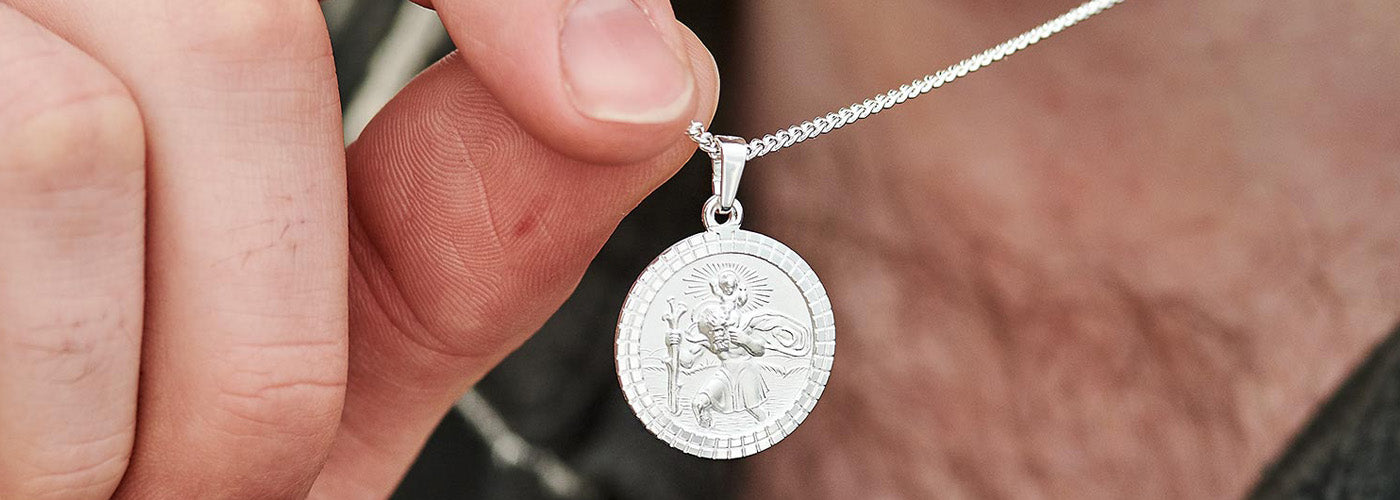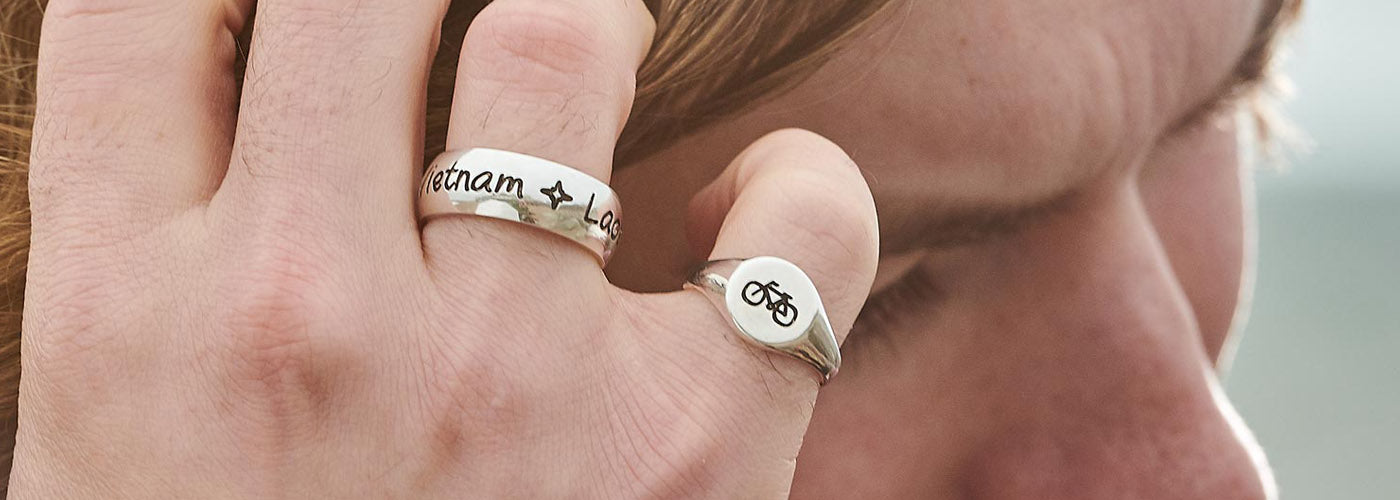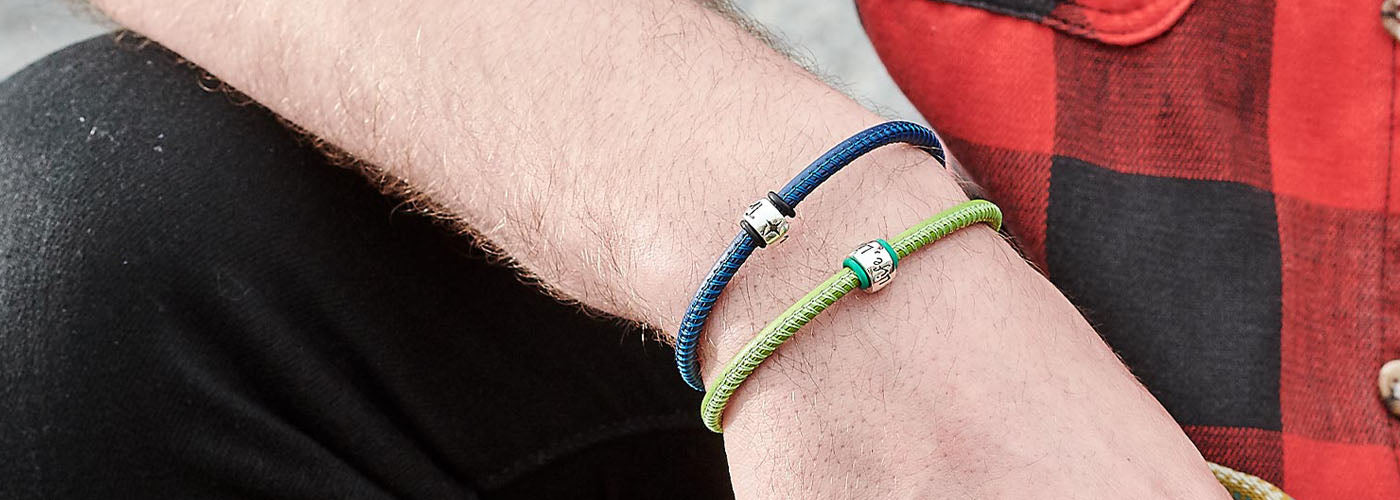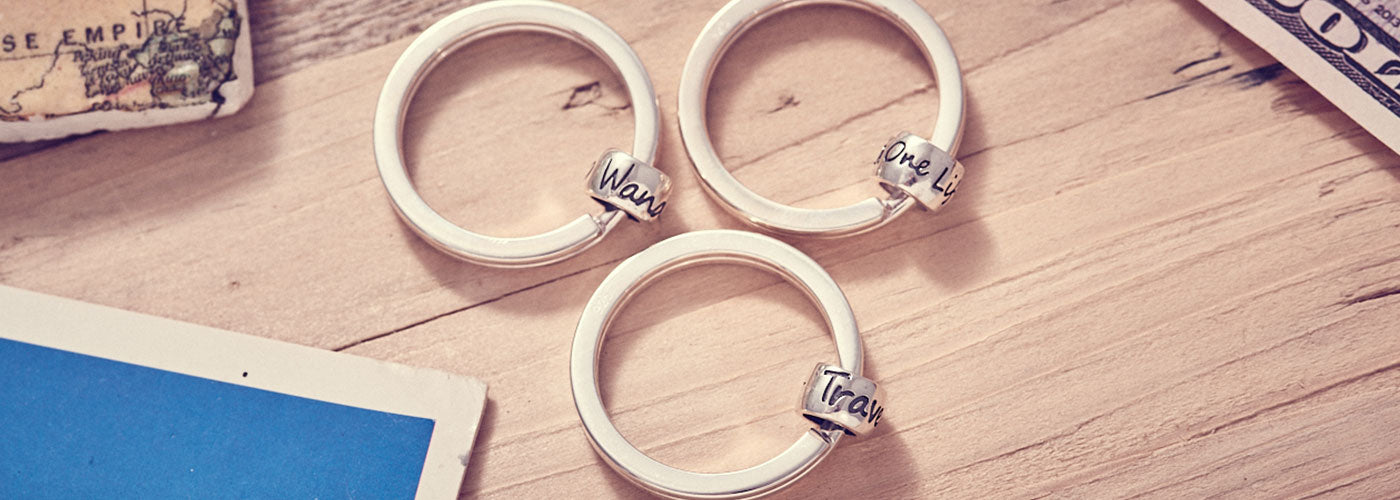One of the biggest barriers to travel is cost. A lot of people dream of travelling but feel like it’s too expensive or they simply don’t have enough money.
Here’s the thing: Travelling isn’t actually that expensive! Well, it doesn’t have to be, and saving up for a trip is easier than you may think.
There are so many ways that you can start adding to your travel fund each week and before you know it you will have enough cash to fund your next adventure.
Here are 15 tips to help you easily start saving up for your future travels.
1. Make Two Budgets
The first budget is for your trip
Making a budget for your travels will make it so much easier to save for. When you have a goal in mind and a number to work towards, making good purchasing decisions becomes easy.
Decide on the areas you want to travel to, do some research on what your expenses will look like and come up with a budget.
You can calculate your approximate daily expenses to devise a daily budget. From this number, you can work out a weekly or monthly budget depending on how long you are travelling for.
To come up with a figure for your whole trip, times your daily budget by the total number of days you want to travel. Then add on one-off large expenses such as flights and travel insurance.
When making a budget consider:
- Food costs
- Accommodation
- Transport
- Daily activities and attractions
- Going out and partying
- Clothing needs
- Souvenirs
- Tours
- Unexpected costs
The second budget is for your regular income and expenses before you leave
Calculate exactly how much money you make and your regular expenses to create a budget. Work out how much money you are willing to spend on various things such as rent, food, bills, your mobile, petrol, clothing and just anything else you can think of.
Look through your bank statement to work out exactly what you are spending your money on. Evaluate what expenses are essential and which ones can be curbed like eating out or buying clothes.
Once you have calculated a budget for all of your income and expenses you can work out your net savings.
Income - Expenses = Travel Savings!
This figure will allow you to see how much money you will be able to put aside each week or month that can go towards your travel budget.
This will also give you a time frame to work towards as you will know approximately how long it will take for you to save up enough money for your travels.
Before making this budget implement the rest of the tips in this post!
2. Open a Separate Travel Account
Open up a new bank account that is specifically for your travel savings. This way you will not be tempted to touch the money you set aside and you can see clearly how much money you are saving as you go!
Once you have worked out the amount of money you can save for travel each month from the budget you calculated, set up an automatic payment from your cheque account into your travel account.
This forces you to put money aside each week or month and takes away the pain of you moving funds yourself. The money will start piling up in your travel account without you even realising.
Put a reminder in your phone to make sure there are adequate funds in your cheque account each week or month as you don’t want to be stung by bank fees for a failed payment.
3. Download a Spend Tracking App
Start tracking all of your income and every single expense and transaction that you make.
You can use an app like this to enter all of your income and expenses. Enter all of your fixed income and expenses, then add to it every time you make a new transaction.
You can also categorise your expenses so you can see a full breakdown of where your money is going.
It might sound tedious but it will be very eye-opening as small expenses can quickly add up. You will discover where you are spending an unnecessary amount of money and it will really help you stay on track with your budget.

4. Embrace Minimalism and Sell Everything
When you travel the number of belongings you can have is very limited. So embrace the minimalist lifestyle before you jump on that plane.
Clear out your room or house from all the things that you don’t need and sell as much of it as you can. Even if you are selling 10 tops for $10 each, that’s an easy $100! All the funds you make from selling your stuff can go directly into your travel fund.
You might be surprised by how much value some of your possessions have, especially things like designer brands and electronics (which you don’t really need!).
5. Skip Eating Out
This one can be tough if you are currently living in a city with a bunch of highly social friends.
But if travelling is really important to set yourself some solid boundaries when it comes to eating out. Buying food and drinks in bars and restaurants is very expensive and that money could go a really long way in other countries.
Put and expense for eating out in your budget and stick to it. Limit yourself to eating out once a fortnight or less and choose more budget-friendly places like cheap and cherry BYO restaurants.
Better yet invite your friends over for a potluck dinner which will be more fun, more meaningful and cost you very little.
6. Go Sober
This leads us on to tip number 6 which is to go sober. Quit drinking! Or at least minimise it significantly.
Buying alcoholic drinks when you are out will make up the majority of the bill and even buying alcohol to drink at home can really add up.
So do your bank account (and your liver) a favour and stop drinking in the lead up to your next trip.
If you have a drinking habit you will quickly realise how much extra cash you will be able to save each month which can go towards sipping cocktails on a tropical beach in Bali.

7. Cancel All Your Memberships & Subscriptions
You won’t need them anyway! Chances are you are signed up to a bunch of subscription services that roll over each month without you even thinking about it.
These subscriptions can really make a dent in your bank balance. Most subscriptions aren’t actually essential and you won’t even need or use them once you start travelling.
Common memberships and subscriptions you can cancel include:
- Gym or yoga membership (work out at home for free)
- Netflix, Amazon Prime, Lightbox & any other entertainment service
- Spotify, Soundcloud or Apple Music (use the free version)
8. Find Ways to Make More Money
Instead of just cutting costs to save money, make more as well! Just don’t spend the extra income, put it straight into that travel account.
There are so many ways that you can bring in some extra income. Even if it means working longer hours, just stay motivated knowing that the work you are doing will pay off big time when you are travelling.
Plus if you are working a lot you won’t have much time to spend money, which means double savings!
Here are a few ideas for how you can bring in some extra income:
- Ask for a raise or for extra hours at the job you already have
- Start a side hustle. Examples include:
- Be an Uber driver
- Become a tutor or start teaching English online
- Babysit children in your neighbourhood
- Get creative! Make things to sell at a market like jewellery
- Sell any special skills you have like photography
- Think outside the box!
- Look for online freelance work on platforms like Upwork. Freelance jobs can include:
- Writing
- Social Media Management
- Virtual Assistant Tasks
- Graphic Design
- Web Development
- Get a second job. Look for something that is temporary, casual or in non-office hours such as hospitality.
If you need to up-skill in order to land a second source of income like getting a certificate to teach English online or taking a photoshop course, bite the bullet and do it! It will pay you back in the long run.
Some of these jobs, like remote freelancing, you can keep doing while you are travelling to sustain your adventures!

9. Live Beneath Your Means
This point is particularly important if you start earning some extra money. It is easy to match your spending to the income you make with your expenses fluctuating up and down with your income.
Try your absolute best to live beneath your means instead of at or above them. Spend money as if your income is much lower than it really is and always spend less than you make.
When you have extra money coming in, it can be really tempting to just spend it! Don’t fall for this.
It is important to factor living beneath your means into your budget.
Follow this tip and watch your bank balance multiply.
10. Go Back to Basics
Simplify your life! Start only buying goods and services that are essential.
First, get rid of any temptations by unsubscribing from all promotional emails that land in your inbox.
When it comes to shopping for things like clothes and shoes try and buy second hand. If you have a special occasion or event borrow an outfit from a friend. If something breaks or gets a hole in it, fix it first before replacing it.
Invest only in high-quality items that you can actually take with you and are essential for travel. These kinds of items include a decent backpack and shoes for walking.
Another huge expense which can be significantly reduced, particularly for women, is cosmetics and beauty maintenance. Save a ton of money by going natural! Let your hair go back to its natural colour, stop getting your nails done, skip getting eye-lash extensions, opt for shaving instead of waxing and wear less makeup.
Not only will you save a lot of money, but you will also set yourself up for success when travelling. Low maintenance is the way to go when you are on the road.
You won’t need to lug around heavy products, waste lots of time getting ready, worry about running out of foundation or finding a nail salon in every place you visit.
11. Be Frugal at the Supermarket
One of your biggest expenses will always be food. Spending money on food is essential but there are ways you can be extra frugal to save some serious coin at the supermarket.
First of all, go through your pantry and fridge and make meals to use up what you already have. Whether it is that fancy pasta that’s been sitting there for a year or broccoli that is about to go brown, use it up first before buying more.
Secondly, only buy produce that is in season and grown locally. This might mean shopping at your local farmers market instead of the supermarket. Produce that is in season and locally grown is always cheaper (and healthier) than imported produce.
Next, you should start buying your staples in bulk. This includes spices, rice, flour, oats, spices and anything that can be stored in your pantry. Go to your local bulk bin store to stock up on what you need and you will save a lot of money. Buying the small branded packs of pantry items is much pricier.
Another tactic is to meal prep. Plan your frugal meals for the week, make a shopping list, stick to your list at the supermarket and have a big cooking session on the weekend. Meal prepping helps you to stick to a food budget and minimises waste!
Lastly, try going vegetarian. Meat, poultry and fish tend to be much more expensive than plant-based alternatives such as beans, lentils and tofu. If you bulk out your diet with plant-based sources of protein and affordable starches like rice, oats and potatoes you will save a lot of money at the supermarket!

12. Ditch Your Car
Do you really need a car? Have a think about it because selling your car will give you some extra cash and save you a lot of money on running costs. Petrol, registration fees, insurance and parking costs can add up to a big expense each month.
Using public transport to get to work or using Uber to nip around if you are stuck will be much more economical. Besides, you shouldn’t be going out as much anyway!
If you are planning on going on an extended trip then you won’t even need your car. You can always buy a new one when you come home.
13. Get Your Entertainment for Free
Do you have a habit of going to the movies? Or do you pay big monthly bills for Sky TV or any other cable provider?
Get rid of them and give the cinema a pass! It is so easy these days to get your entertainment for free.
Youtube has endless amounts of content to entertain you. Also, chances are someone you know will be kind enough to give you their Netflix or Amazon Prime login.
14. Get a Travel Card and Start Buying Foreign Currency
Sign up for a prepaid travel card and start transferring your money to the currency you will need when you are travelling.
Travel cards allow you to hold a number of different currencies to use overseas. Keep an eye on the exchange rates and buy foreign currency when the rates are good.
By doing this you can take advantage of favourable exchange rates and it also forces you to save that money for when you are travelling.
Popular travel prepaid card companies include Revolut, Monzo and Transferwise.

15. Move Back Home!
If you are lucky enough to have moving back home to your parent's house as an option, do it! You will save so much money by not having to pay a huge rent bill each month.
If you are travelling you won’t need a house or flat in your home country anyway.
Plus you won’t see your family for a while so it will be nice to spend some quality time with them before you head off overseas.
There you have 15 tips to help you save up for travel.
Follow these tips to the letter and you will have enough cash in your travel fund before you know it!
>>> Want to save money on the road? Check out this ultimate list of budget-friendly destinations!










